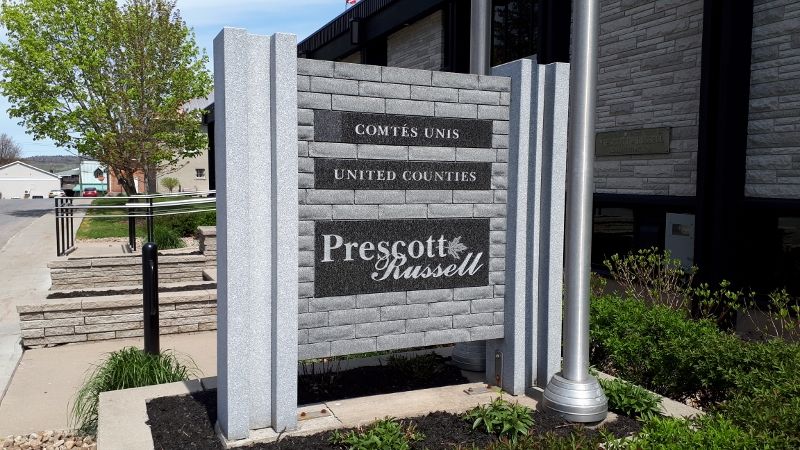The politics of ambulance services were on the agenda again when United Counties of Prescott and Russell (UCPR) council had its Committee of the Whole meeting on October 9.
The mayors discussed research commissioned by the Eastern Ontario Warden’s Caucus (EOWC), the organization representing the heads of county governments across eastern Ontario that is reviewing local ambulance and paramedic agencies as a way of countering plans by the Ontario government to reduce the number of agencies.
The government was hoping go ahead with those plans earlier this year but temporarily halted them after regional governments complained that their 2019 budgets had already been adopted. It is likely that the government could attempt to make the changes again in 2020.
Michel Chrétien, whose last day as UCPR Director of Emergency Services was October 9, said that the study is meant to demonstrate to the government that reducing the number of paramedic agencies would not result in significant savings.
Between 80 and 85 per cent of the cost of operating the existing service administered by the UCPR goes to salaries, according to Chrétien, who added that that Premier Doug Ford has assured that no paramedic positions will be eliminated and that some could even be added, which makes it doubtful that amalgamations will save any money.
The outgoing director, who is now retired after more than 40 years in emergency medical services, said that if the government is truly interested in saving money, it should consider how to bring down the cost of the drugs that paramedics administer to patients.
“There are savings, but they have to listen to us,” said Chrétien.
The EOWC is discussing the research on paramedic expenses and further information will be presented to UCPR council at a later date.
The research is not connected with the ongoing tension with the City of Ottawa over UCPR ambulances responding to calls within its territory.
Since June 1, UCPR ambulances have stopped responding to most calls outside its jurisdiction because it was leading to not enough—or no vehicles being able to respond to calls within the UCPR. The decision has led to an investigation by the Ministry of Health.
In an interview following the meeting, Chrétien said no further information has come from discussions he had with directors from the ministry when they visited in August.
He said the problem in Ottawa is created when the city concentrates most of its vehicles in the downtown area and leaves the suburban area without service, so UCPR vehicles are left to respond.


